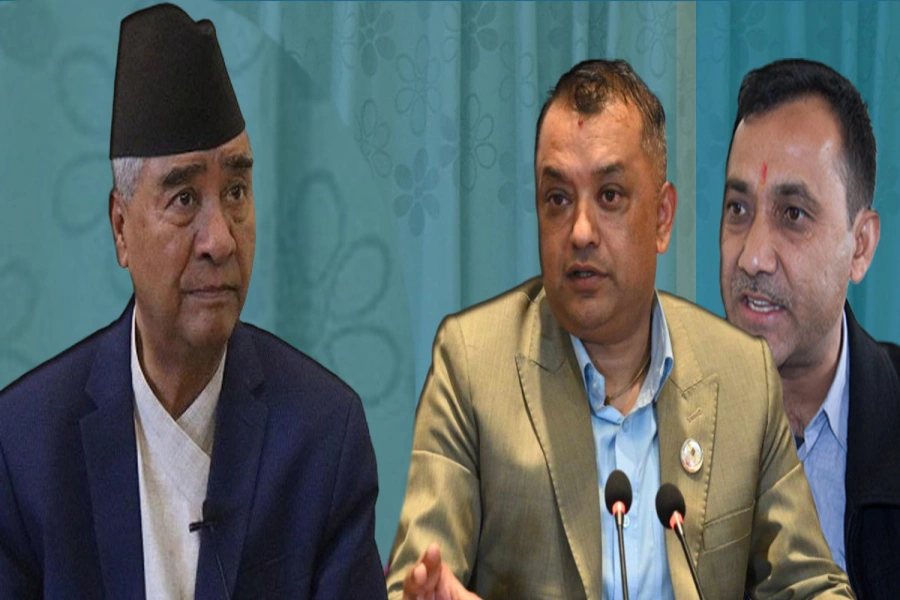Going out in Nepal means you have to be clad in layers of clothing, put on multiple face masks, and have your head covered in thick shawls. Yet you end up feeling like the dust and smell are getting into your pores. Be it public bathrooms (you don’t have to go into one to know it’s bad, just walking past one is enough) or bus stops, we really seem to know how to abuse these places and make them dirty. From zillions of instant noodle wrappers to blotches of spit out paan, our roads, rivers, and forests are polluted like never before, all thanks to us being least bothered about our surroundings.
Even in this day and age it’s alarming how the art of caring for the environment and the art of cleaning up (or not polluting in the first place) is still not embedded in our culture. Especially in Kathmandu, which has an average HDI of 0.701, where supposedly Nepal’s most learned are supposed to reside, the case of littering is nastier than in any other place in Nepal. The moment you step outside sights of snot and spit fill you with dread, you have to dodge empty plastic bottles and randomly tossed trash as you walk, and the stench from the river envelopes you like a hug you never wanted. But still, life goes on for us Kathmandu dwellers.
I have always wondered why people treat waste as ticking time bombs that must be disposed of immediately. How hard is it to keep that one chocolate wrapper in your pocket or bag till you find a dustbin? Do you absolutely have to roll down your car window and toss that empty packet of Lays chips out on the road? This culture of tossing waste carelessly and ignorance about what it can do to the environment goes way beyond small acts of littering or polluting.
Everywhere

For instance, a few weeks ago I had the opportunity to go to Halesi Mahadev in Khotang. A sacred place for both Hindus and Buddhists alike, it’s essentially a cave and is an architectural marvel, with long slender sculpture like stones, and several passages (between stones all formed naturally) believed to be doors to different forms of salvation. It’s believed to be over 6000 years old and is a great place to see, as it looks like a secret lair (like the bat cave) and the stones are truly fascinating.
But like most good things, we had to ruin it. If you wish for the Gods to give you whatever you want, praying and worshiping them and then immediately starting to litter at the very same place is probably not the way to go. The place was a mess, to say the least. The stairs to the cave were slippery, thanks to people rubbing ghee all over it. People had bought food and all sorts of liquids to offer to the deities in plastic bottles, bags and cups and discarded them all over the cave once they had completed the rituals.
It was sad to see the beauty of the cave be ruined by all these materials and artificial things. Those who had come to sit in silence and pray were huddled in corners, pushing through all the noise and pollution. If you stepped on something gooey, it was best to take a deep breath and not look because you would not want to know what it was.
If only we let the cave be in its natural state and people took turns to quietly view and worship it, like they do inside the Lumbini temple, the place would have had a peaceful and a more sacred feel to it. A small shrine or a place to leave whatever you have brought for worship purposes could be made somewhere near the cave so that people wouldn’t litter and leave suspiciously sticky things all over the stones and floor and it wouldn’t smell like something was rotting away in the corner. But then as long as we get to go first and get an extra blessing from the pandit, we couldn’t care less about the waste and dirt, could we now?
Public spaces are the key to transforming our communities. It’s a fact that the quality of public spaces reflects the condition of a country as a whole and Nepal has a lot to improve in that aspect. Public spaces are where people come together, communicate and showcase the values that they have learnt throughout their lives.
It’s sad that at a time when we should be talking about environmentalism and sustainability as a learned society, we still haven’t learnt to clean up after ourselves. We still think that public spaces are not our concern and we live with the attitude “It doesn’t matter if I decide not to litter or pollute as others will do it anyway.” Despite schools, television, radio and billboards almost screaming the words “Keep Your Surroundings Clean”, we still manage to turn a blind eye towards all of it.
This habit of polluting gets to the best of us. I too am guilty of throwing plastic bottles into that pile of waste on the road because it’s already polluted. I too have shied away from telling that man in front of me to not throw that paan wrapper on the road. I realize it’s important for all of us to make an active judgment call to play our part in keeping our surroundings clean. We don’t have to do it for the overall improvement of our society, but for ourselves to not go on to become an environmentally illiterate imbecile in the future.
acharyaurza8170@gmail.com






































